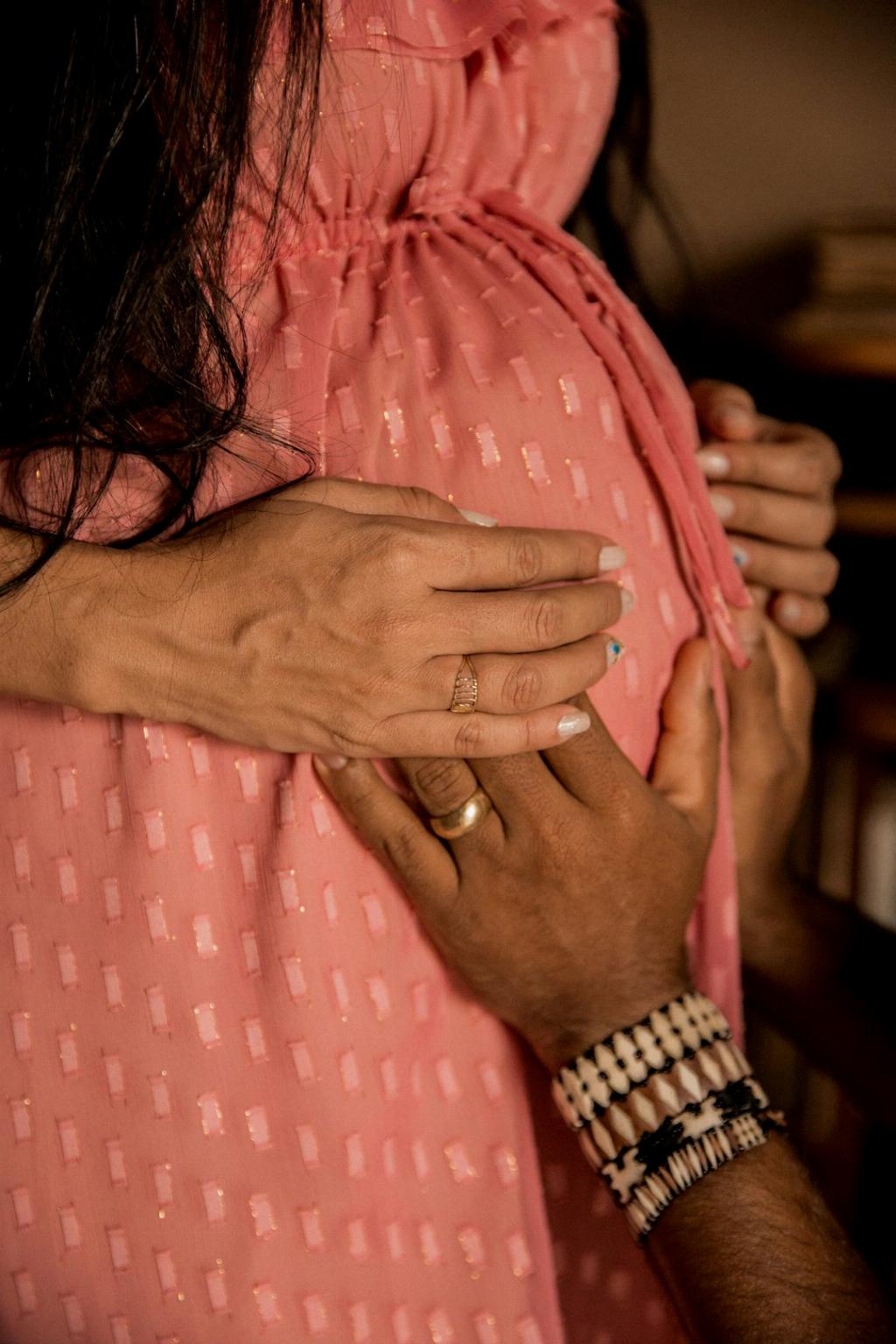One of the common queries that expectant mothers have is the translation of weeks of pregnancy into months. Specifically, the question often arises: Does 2 months mean 8 weeks? It’s essential to delve into the intricacies of pregnancy and how time is measured during this period to provide a comprehensive answer.
Time Measurement in Pregnancy
Pregnancy is typically measured in weeks starting from the first day of the last menstrual period. This method provides a standard and consistent way to track the development of the pregnancy. However, when it comes to translating these weeks into months, things can get a bit more complex.
Calculating Months in Pregnancy
While it might seem straightforward to equate four weeks to a month, the actual calendar months do not neatly align with the number of weeks in a pregnancy. As a result, the conversion from weeks to months is slightly irregular, leading to confusion for many individuals.
2 Months vs. 8 Weeks
Now, let’s tackle the specific question at hand: Does 2 months mean 8 weeks? At first glance, it may appear that two months should indeed equal eight weeks. However, due to the variations in the lengths of calendar months and the method of counting weeks in pregnancy, the correlation is not as direct as one might assume.
Understanding the Discrepancy
When you reach the 8-week mark in your pregnancy, you are technically two months pregnant. This is because each month in pregnancy is slightly longer than four weeks, leading to a misalignment between weeks and months. The discrepancy arises from the difference in the number of days in a month versus the standard 28-day cycle.
Weeks vs. Months in Medical Settings
It’s important to note that healthcare providers primarily refer to the progression of pregnancy in weeks rather than months. This approach allows for a more precise monitoring of fetal development and facilitates better communication between medical professionals and expectant parents regarding the stage of pregnancy.
Practical Implications for Expectant Parents
While the weeks-versus-months dilemma may seem like a mere technicality, it can have practical implications for expectant parents. Understanding the nuances of time measurement in pregnancy can help individuals better comprehend the progress of their pregnancy and anticipate upcoming milestones.
Clear Communication with Healthcare Providers
By being aware of the differences between weeks and months in pregnancy, individuals can engage in more effective discussions with their healthcare providers. Clear and open communication regarding the stage of pregnancy is crucial for receiving appropriate prenatal care and addressing any concerns along the way.
Educating Yourself about Pregnancy
Delving into the details of pregnancy measurements empowers individuals to take an active role in their prenatal journey. By educating yourself on how time is calculated during pregnancy, you can navigate this transformative period with greater confidence and knowledge.
Celebrating Milestones in Pregnancy
Every stage of pregnancy, whether measured in weeks or months, signifies a unique milestone in the incredible process of creating new life. Embracing each moment of this journey and celebrating the growth and development of your baby can fill this time with joy and anticipation.
Conclusion
In conclusion, while 2 months technically corresponds to the 8-week mark in pregnancy, the relationship between weeks and months is more nuanced than a simple one-to-one conversion. By understanding the intricacies of time measurement in pregnancy, individuals can navigate this period with clarity and awareness, embracing each moment of this miraculous experience.

